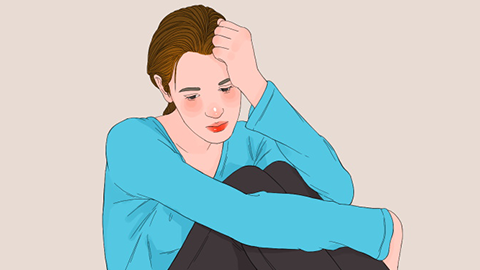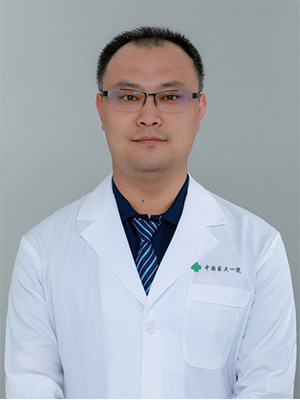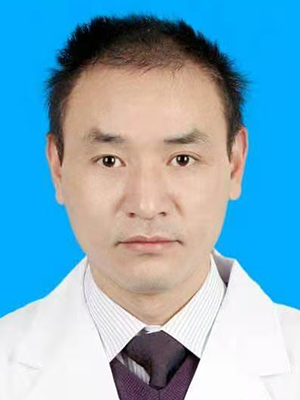Is traditional Chinese medicine effective in treating rheumatic diseases?
In general, traditional Chinese medicine (TCM) has a good therapeutic effect on rheumatic diseases, particularly in relieving symptoms and controlling disease progression, although specific outcomes may vary from person to person. If there are any concerns, it is recommended to seek medical advice early. Detailed analysis is as follows:

TCM theory holds that rheumatic diseases are primarily caused by invasion of wind, cold, and dampness pathogens, stagnation of qi and blood, and deficiency of the liver and kidneys. Treatment principles include dispelling wind and cold, eliminating dampness, promoting circulation of meridians, activating blood circulation to resolve stasis, and tonifying the liver and kidneys. Through methods such as herbal prescriptions, acupuncture, and moxibustion, TCM can effectively alleviate symptoms including joint swelling, pain, and stiffness, improve circulation of qi and blood, and reduce disease recurrence, making it suitable for regulation during chronic or recovery phases.
If the rheumatic disease is in an acute phase, accompanied by high fever, severe joint pain, and limited mobility, relying solely on TCM treatment may result in slower symptom relief, and it is advisable to combine Western medical approaches for rapid control of inflammation. Moreover, in cases of severe disease, prolonged duration, or complications involving damage to other organs, monotherapy with either TCM or Western medicine may have limited effectiveness. A comprehensive, integrated approach combining both systems is necessary for optimal disease management.
Treatment should be pursued at正规 TCM institutions, where licensed practitioners can formulate individualized treatment plans based on syndrome differentiation. Patients should avoid blindly using unverified remedies. Regular follow-up evaluations are essential to monitor disease progression and adjust treatment strategies according to symptom changes. Medications should not be discontinued or altered without medical guidance to prevent compromising treatment efficacy.










